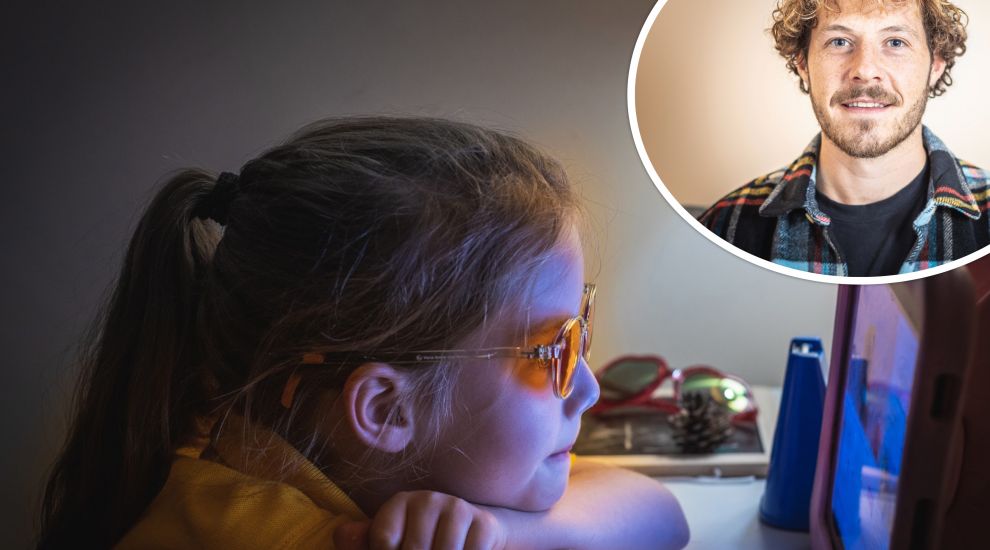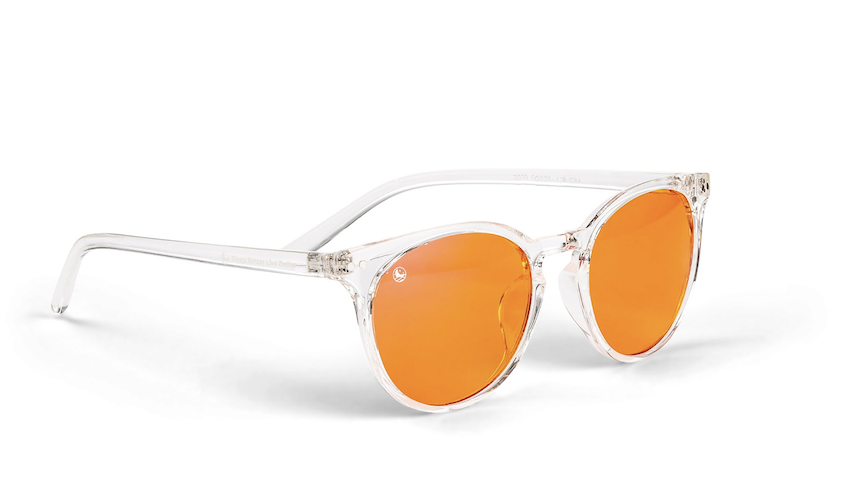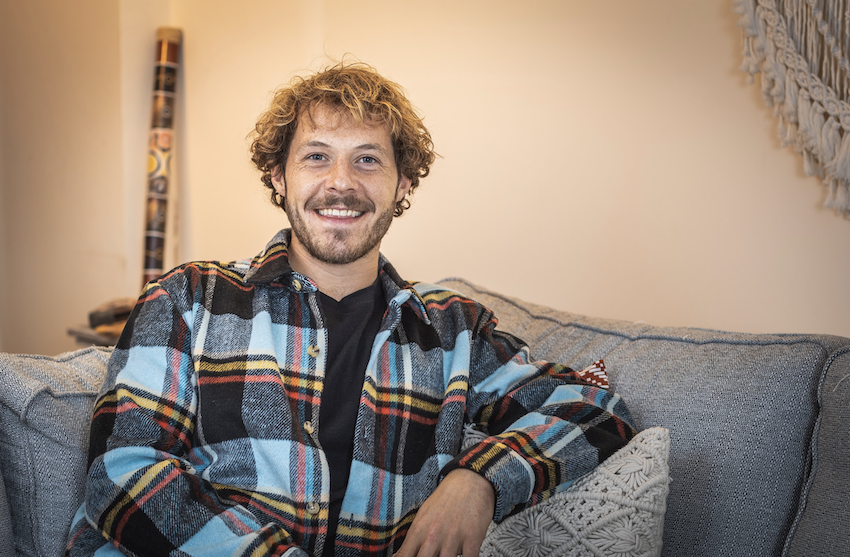


Hundreds of students across Guernsey have taken part in a trial which has generated data on the efficacy of blue light blocking glasses and ‘sleep education’ in developing better quality sleep.
The Guernsey Schools Sleep Project is the brainchild of Dan White, who also founded and now chairs the Sleep Better Live Better (SBLB) Foundation. The extensive trial was launched earlier this year and saw students from years 10 to 13, in every island school, take part.
The trial was launched with the support of the States of Guernsey and the Education department, specifically the psychology department. Mr White says his Foundation is in partnership with the SOG on the project and it was approved by Guernsey’s research ethics committee last year.
The Head of Educational Psychology, Gillian Gamble, said: “The Educational Psychology Service of the States of Guernsey has been working in partnership with colleagues from other agencies and services in order to investigate the factors which are underpinning anxiety towards engaging with education, for our pupils. The School Attendance Service is examining and reviewing policy, processes and current interventions which are deployed in support of pupil attendance.
“As attendance is such a key indicator of best future outcomes for our children and young people, we cannot ignore any evidence-based psychoeducational intervention which could destabilise any of the most renowned obstructions to accessing education.
“Persistent difficulties with sleep are just such an obstruction and this was a powerful motivator for us to engage with Dan White in his current research. Our understanding is that the data from Mr White’s research is still being analysed.”
Mr White told Express that a lack of sleep, leading to mental and physical disruption at school, is a major problem in the island. He also ran a pilot study of blue light blocking glasses - with the support of a teacher - at the Guernsey Grammar School (now Les Varendes) in 2021.
The project was launched with financial backing from Aztec, the Medical Specialist Group (MSG), Ravenscroft and Rossborough Insurance.
Dr Clare Betteridge from the MSG said it is proud to support Mr White’s Foundation “with this enormously topical and valuable research”.
She continued: “We aim to achieve the highest standards of clinical care and the best possible outcomes for our patients. Investing in Daniel and this research could lead to additional effective treatment modalities we can recommend to young people. We look forward to seeing the results.”
Those results were collected from four groups split across all the island’s schools. Group 1 received only blue glasses (Elizabeth College and Les Beaucamps); Group 2 received sleep education and glasses (LMDC and St Sampsons); Group 3 got education only (Blanchelande) and Group 4 was the control group (Ladies College). The data is still being analysed but Mr White told Express that the results have been “positive”.

Blue light glasses contain lenses that are designed to reduce the amount of ‘blue light’ that reaches the eye. While some have claimed that blue light glasses can protect the eye from damage or macular degeneration, the science hasn’t fully backed it up yet. The College of Optometrists - the body who qualifies and regulates the optometry industry in the UK - has released a statement online suggesting: “The best scientific evidence currently available does not support the use of blue-blocking spectacle lenses in the general population to improve visual performance.”
However, when it comes to sleep, the science appears to be more convincing. Several independent research projects seem to confirm that blocking blue light after sundown naturally begins the body’s descent into sleep. Mr White argues that 25-50% of children and 30-50% of adolescents “sleep less than the recommended 8 to 10 hours per night” and he says a combination of blue light glasses and education about sleep will help young people build a better relationship with sleep.

Mr White is a registered nutritionist and health coach, and self-proclaimed ‘sleep expert’. He said he launched both the Foundation and the Project after experiencing trouble sleeping as a teenager.
“As a teenager, my addiction to computer games and technology resulted in significant overexposure to artificial light at night which hugely damaged my sleep, leading to weight gain, anxiety , depression and low self-esteem.
“My school attendance and ability to concentrate suffered, during arguably the most important years of my school life and as a result I was unable to fulfill my academic potential at the time. These experiences have influenced my motivation to help young people to learn more about why sleep is so important, and the practical steps they can take to start sleeping and feeling better each day.”
He believes the core of the issues facing young people and their sleep patterns is the “unprecedented increase in technology device use and greater levels of exposure to harmful artificial blue light”.
“I am very grateful to all those who have helped to bring my vision for this project to life,” he said. “I hope to demonstrate that Guernsey can be the first jurisdiction in the world that is taking steps to genuinely protect health and education of future generations by improving their sleep.”
Mr White said the results of his trial will be announced after further analysis.
Comments
Comments on this story express the views of the commentator only, not Bailiwick Publishing. We are unable to guarantee the accuracy of any of those comments.